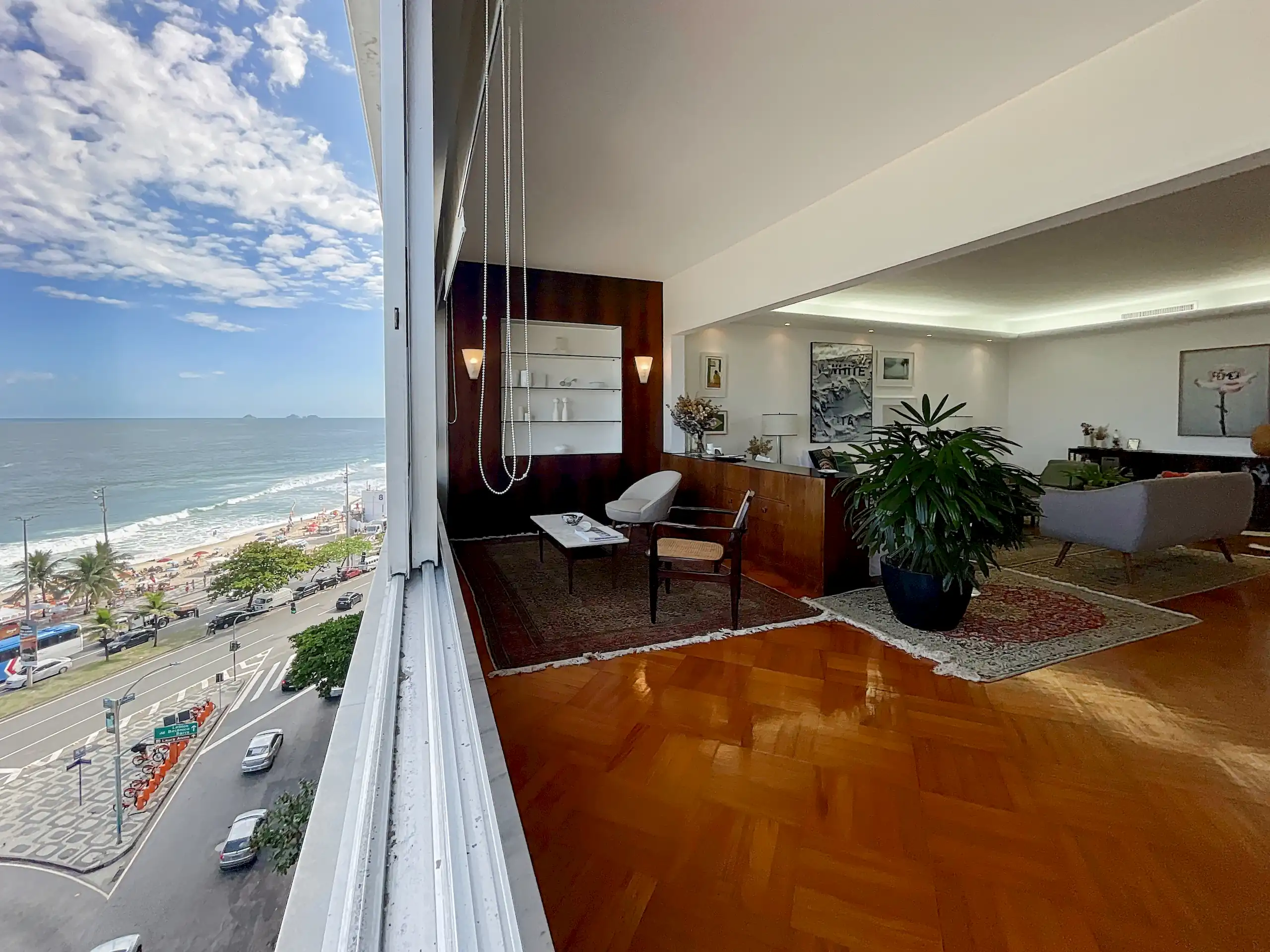Taxation of Rental Income in Brazil: A Comprehensive Guide for Landlords
This guide outlines the key tax considerations, deductible expenses, rates, and reporting requirements to help you manage your rental income efficiently.
Invest and earn income
Understanding Income Tax on Rental Income
Landlords in Brazil must pay income tax on rental income, and they calculate the tax on the net amount received after deductions. In other words, you only pay tax on the rent that remains after subtracting allowed costs. These deductible expenses commonly include:
Condo fees — maintenance and management charges for the building or complex.
Property taxes (IPTU) — annual municipal tax on real estate.
Garbage disposal fees — charges for waste collection and disposal.
Rental management fees — costs paid to a property manager or rental agency.
Consequently, landlords reduce their taxable rental income by subtracting these legitimate expenses before calculating their tax.
Taxation for Residents and Non-Residents
Brazil differentiates between tax residents and non-residents when it comes to rental income.
Residents
If you are a tax resident in Brazil, you pay rental income tax under the progressive income tax scale, which ranges from 0% to 27.5% depending on your total income. For example, residents who earn less than the exemption threshold (which is around BRL 1,903.98 per month) may owe no tax on rental income.
Moreover, residents must report rental earnings in their annual income tax return (IRPF), which consolidates all sources of income for the year.
Non-Residents
In contrast, non-resident landlords pay a flat withholding tax of 15 % on rental income received from property located in Brazil. This rate applies at the time the rent is received, and no progressive scale applies.
Importantly, non-residents cannot deduct many of the expenses that residents may claim when calculating taxable income.


Additional Obligations for Non-Resident Landlords
Non-residents must also meet specific administrative requirements.
1. Appoint a resident attorney-in-fact:
Foreign landlords generally appoint a resident representative in Brazil to handle tax filings and payments. This attorney-in-fact typically manages rental tax obligations on behalf of the non-resident.
2. Use the attorney’s tax ID (CPF) for payments:
Tax payments for rental income paid by non-residents are usually processed under the attorney-in-fact’s CPF number, instead of the landlord’s foreign tax ID.
3. Follow specific due dates:
Residents generally pay their tax by the end of the month following receipt of rent. However, non-residents usually must pay tax on the same day the rent is received or have the tax withheld at source.
Reporting Requirements
Residents must file an annual tax return and include all rental income and deductions.
By contrast, non-residents do not use the regular annual income tax return system. Instead, their representative files a Withholding Tax Declaration (Declaração de Imposto Retido na Fonte – DIRF) or similar reporting events depending on evolving tax requirements.
Frequently Asked Questions
You can use this guide to familiarize yourself with rules, laws and other important information relating to the Brazil Visa.
Yes, repair costs directly related to the property’s maintenance and necessary for rental purposes can be deducted from your rental income.
Yes, non-resident landlords must obtain a Brazilian taxpayer identification number (CPF) to facilitate tax payments and other financial transactions.
Late payments may result in penalties and interest charges. It is crucial to adhere to the payment deadlines to avoid any potential issues.
Mortgage interest payments are not deductible against rental income for tax purposes.
Having a local bank account in Brazil can simplify tax payments and transactions but is not always a strict requirement for tax compliance.
Ensure that you seek advice from a qualified tax professional or legal advisor to navigate the complexities of rental income taxation in Brazil accurately. Being informed and compliant will help you manage your rental income efficiently and avoid any legal or financial complications.
Get in touch with us and we will help you today
Our experts and developers would love to contribute their expertise and insights and help you today.

